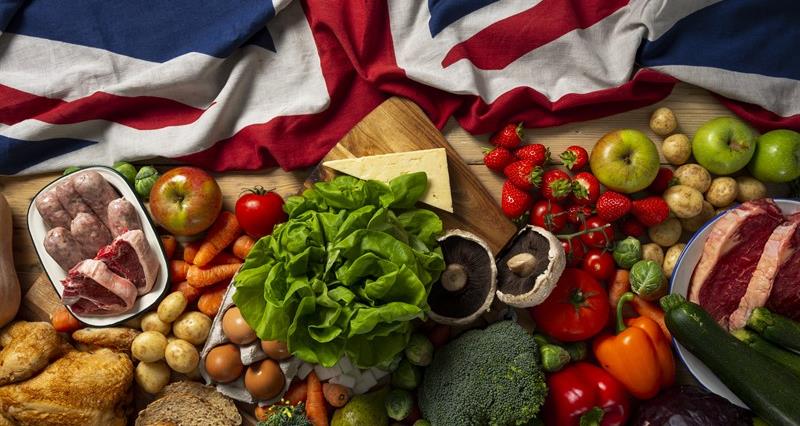Authored by Professor Tim Lang, Professor Emeritus of Food Policy at City St George’s, University of London, ‘Just in Case: 7 steps to narrow the UK civil food resilience gap’, proposes a shift away from ‘just-in-time’ to ‘just-in-case’ logistics with regards to food resilience.
The report calls for urgent action to make food systems more resilient in order to effectively safeguard the nation’s food supply in the face of increasing global shocks and pressures.
Seven key areas of concern are highlighted along with 15 actionable recommendations to protect the UK’s civil food security.
Some of the key recommendations include:
- Legislating for a comprehensive UK food policy: Introduce a Food Security and Resilience Act to ensure a sustainable and resilient food system.
- Reassessing food as critical national infrastructure: Require Defra to treat food security as a core component of national infrastructure planning.
- Creating a national council for food security: Establish an advisory body to provide evidence-based, consistent advice on food resilience.
Food security vital to UK’s resilience
Responding to the report’s findings, NFU President Tom Bradshaw said: “This report could not be clearer – food security is absolutely vital to our nation’s resilience, but our current food system is not where it needs to be to withstand future crises.
“We have seen our fair share of crises in recent years, from the Covid pandemic to the devastating war in Ukraine, and it was only a couple of years ago when a combination of high production costs here and bad harvests abroad meant the rationing of fresh produce in supermarkets.
“Governments can have short memories, but our ability to feed ourselves should always be a priority.
“Yet as we speak, food producing businesses are taking a battering.”
Tom pointed to high input costs, climate change change, cuts to direct payments, delays to environmental schemes and the government’s “brutal Budget” as having a direct impact on homegrown food production.
“Governments can have short memories, but our ability to feed ourselves should always be a priority.”
NFU President Tom Bradshaw
Intended as a ‘rallying cry’ for policymakers, the report asks the question – how prepared for food shocks are the British? It highlights a ‘convergence of threats’ and offers a blueprint for stability and preparedness.
Clear policy directions
Tom added: “This report lays down very clear policy directions for the government to take to improve the UK’s food resilience, and it’s important to note that these are the recommendations of experts in security, defence and crises management.
“If the government means what it repeatedly says – that food security is critical to national security – then it will take the Commission’s warning extremely seriously and follow its expert advice.”
Author of the report Professor Tim Lang said: “The UK’s post-War food system, while revolutionary in its time, is no longer fit for purpose. To safeguard our future, we must prioritise resilience at every level – from local communities to national frameworks.
“There is too much complacency about UK food security and civil food resilience barely features at all in forward planning.”
Lord Toby Harris, chair of the NPC concluded that “food security is a cornerstone of national resilience”, adding that “the risks to our food systems are more pronounced than ever before”.



